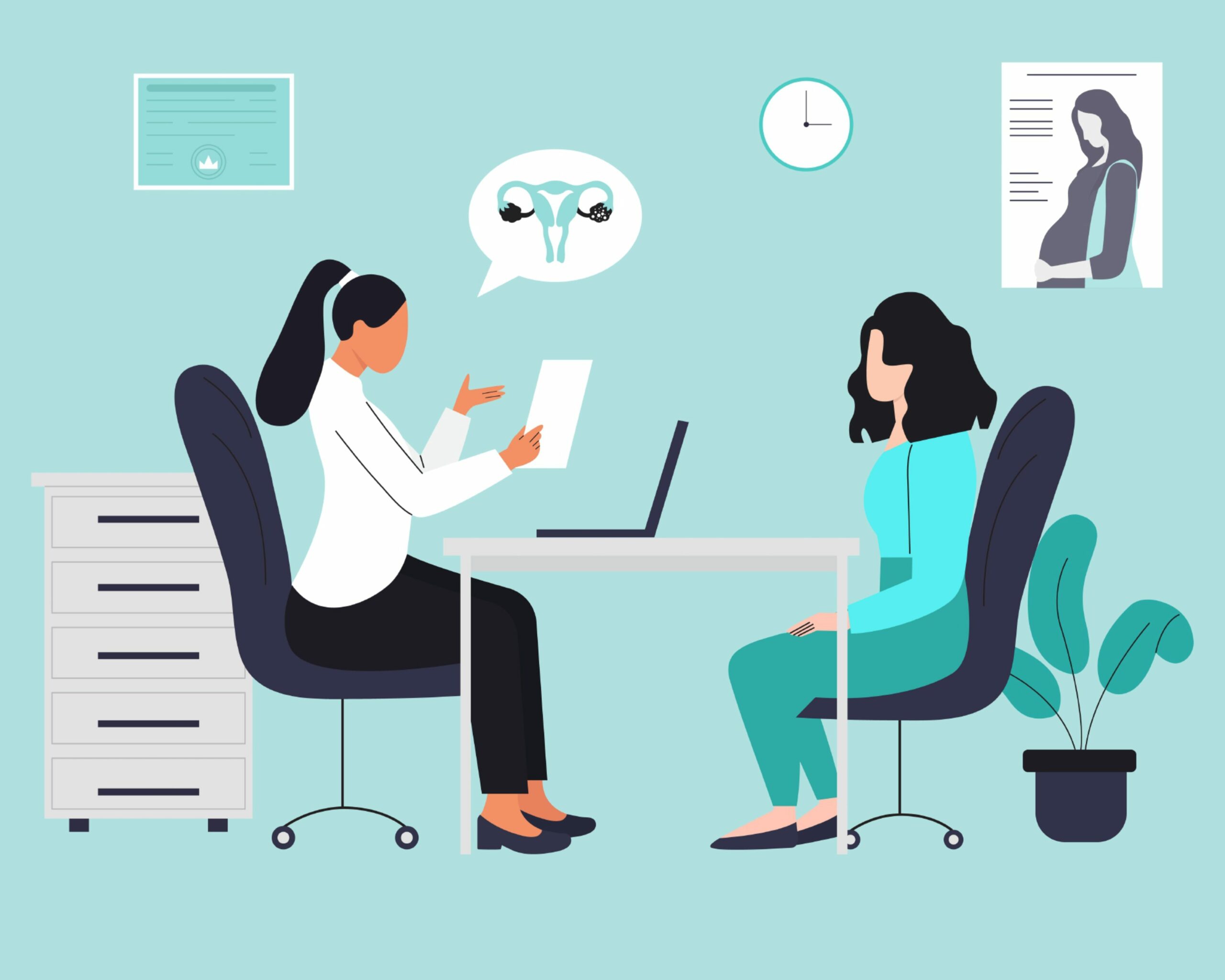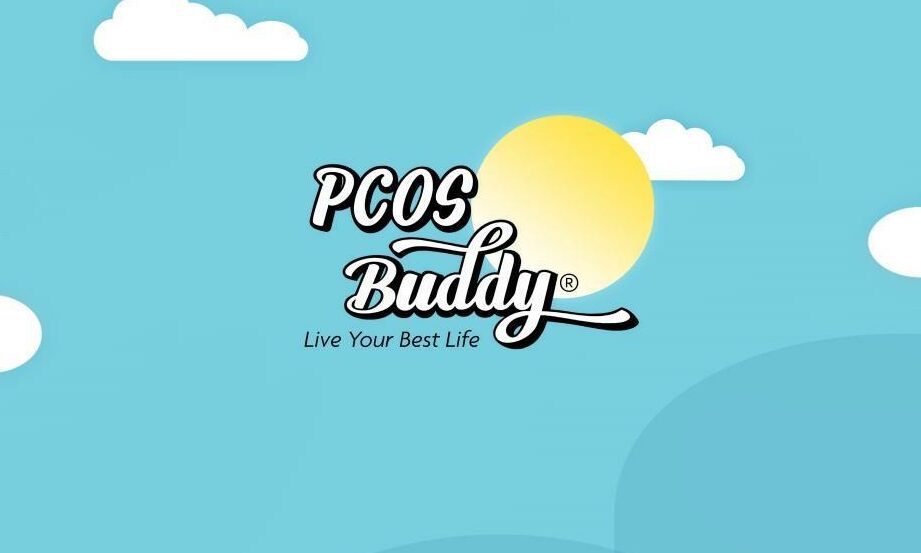Hundreds of people with a hormone condition affecting one in 10 women could benefit from a “revolutionary” new app developed in Aberdeen.
Polycystic Ovary Syndrome (PCOS) can lead to a higher risk of type 2 diabetes, heart disease and uterine cancer.
No cure is available but it can be treated – and lives are already being transformed by the work of app developer Anji Sandhu.
The 43-year-old has been working with Robert Gordon University to create PCOS Buddy, with a full launch scheduled for later this year.
The symptoms of PCOS, and how the app can help
There are three main symptoms of PCOS: irregular periods, high hormone levels and polycystic ovaries, where they become enlarged and grow tiny follicles that ultimately hinder ovulation.
Anji’s app, PCOS Buddy, helps people manage and track their symptoms – alongside other benefits.
She said: “Loneliness is such a big part of PCOS and not being able to talk about the symptoms, the silence and stigma.
“In women’s clinics, I came across women who had put makeup on, even in their families, to cover the symptoms of PCOS because they were so embarrassed.
“The shame and the judgement is something that people don’t talk about.”
PCOS diagnosis can take years
Anji is receiving help getting the project off the ground from the RGU Regional Startup Accelerator programme, which supports local entrepreneurs.
They’re currently trialling the PCOS Buddy app from their base in Aberdeen with the aim of a widespread launch in autumn.
Typically, people live with the symptoms for many years before they can get a diagnosis because the criteria are so strict.
A patient needs to present with physical signs like polycystic ovaries during an ultrasound or have a blood test result showing high levels of testosterone.
But the app helps them keep track of and manage their symptoms – and one patient who used a prototype for three years has already reported “symptom recovery” from the condition.
Anji said: “There’s no cure for this and it can be a very deflating, depressing experience to be coming back home from the GP and having to come up with your own treatment plan.
“They can feel very confused and lost, and it can lead to a worsening of their symptoms, unfortunately.”
‘Revolutionary’ work to fill knowledge gap
Anji started work on the app to help her friend Carrie, who was hospitalised with poor mental health as a result of her PCOS.
After trialling the programme for three years, she was told by her GP she had “symptom recovery” from the condition.
More recently The Scottish Institute of Enterprise has called Anji’s app “revolutionary”, and it also received praise during a debate in Westminster.
One MP reached out to Anji and told her, after 20 years of living with PCOS, that it had been “such a debilitating experience” because they didn’t know what to do about it.
“She would try to access online resources, and she would end up with information that was lacking in credibility,” she said.
“By having the doctors on our team, we’re able to give information credibly – sources that are checked and everything is trialled.
“People can feel comfortable that they’re following something that is really, really credible.”
Anji is encouraging people with PCOS symptoms to come forward if they would be interested in helping test the app – which can be done anonymously.
To find out more information visit pcosbuddy.com




Conversation